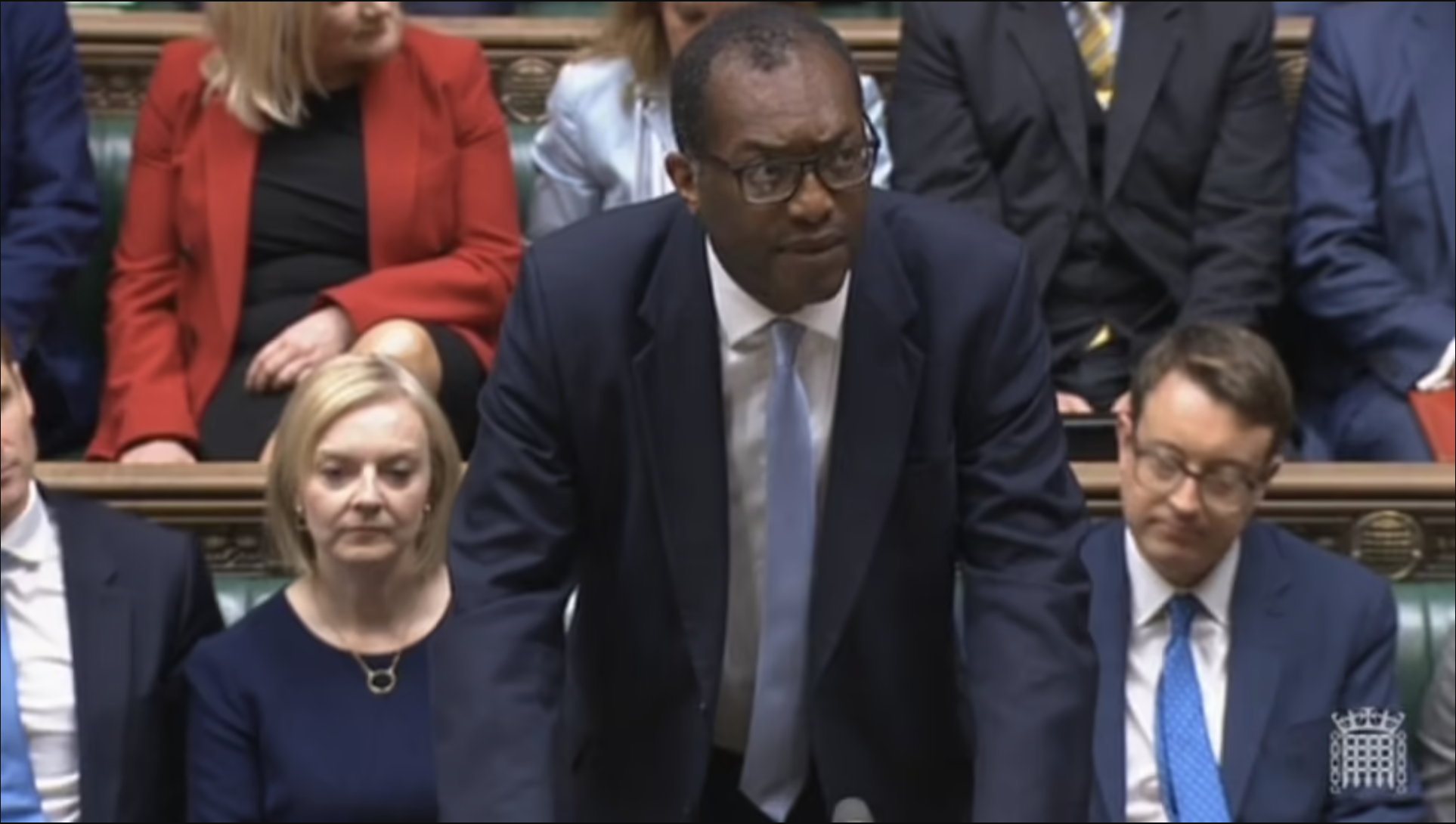
Following the recent energy price cap initiative by the new Truss government – a £2,500 cap for all average households – details were still somewhat hazy on what support will be available for business.
Fortunately, this week saw more certainly in how both, businesses and consumers stand with business support announcements earlier in the week and a ‘mini-budget’ full of tax cuts announced today.
Here are the highlights of the energy bill caps for hospitality and other businesses…
- From the 1st of October, the new Energy Bill Relief Scheme will provide a discount to businesses on their bills for six months till the 31st March 2023
- These savings will automatically be applied to all bills from October.
- It is expected the cap will be £75 per MWh for gas and £211 per MWh for electricity
- The cap will apply to fixed contracts agreed upon from 1st April along with variable and flexible tariffs. New fixed-price contracts after 1st October will also receive support this support.
- Moreover, “vulnerable” industries including hospitality have been promised additional support after these initial six months. What form this will take has not been announced yet.
This support has generally been welcomed by the hospitality business – concerns however, still remain, including the disposable wealth of the customer… Something that today’s ‘mini’ budget – the first by new chancellor, Kwasi Kwarteng – looked to address…
And it was ‘Mini’ by name but huge by nature since it contains a whopping £45 billion in tax cuts – all aimed at putting pounds in pockets and boosting business.
Here are the key takeaways from today’s budget…
- Corporation Tax rise to 25% scrapped. It’s staying at 19%
- National Insurance rise scrapped too
- And the impending Alcohol duty rise has also been poured down the drain
Elsewhere money is directly going into pockets with…
- Tax cuts (1% cut and more for higher thresholds)
- Bankers Bonus’ now uncapped
- Stamp duty threshold increased to £250k (£425k for first-time-buyers
As ever, a mixed response from business commentators. Something that can not be disputed is the scale of tax-cuts which at £45 billion is the biggest since 1972!